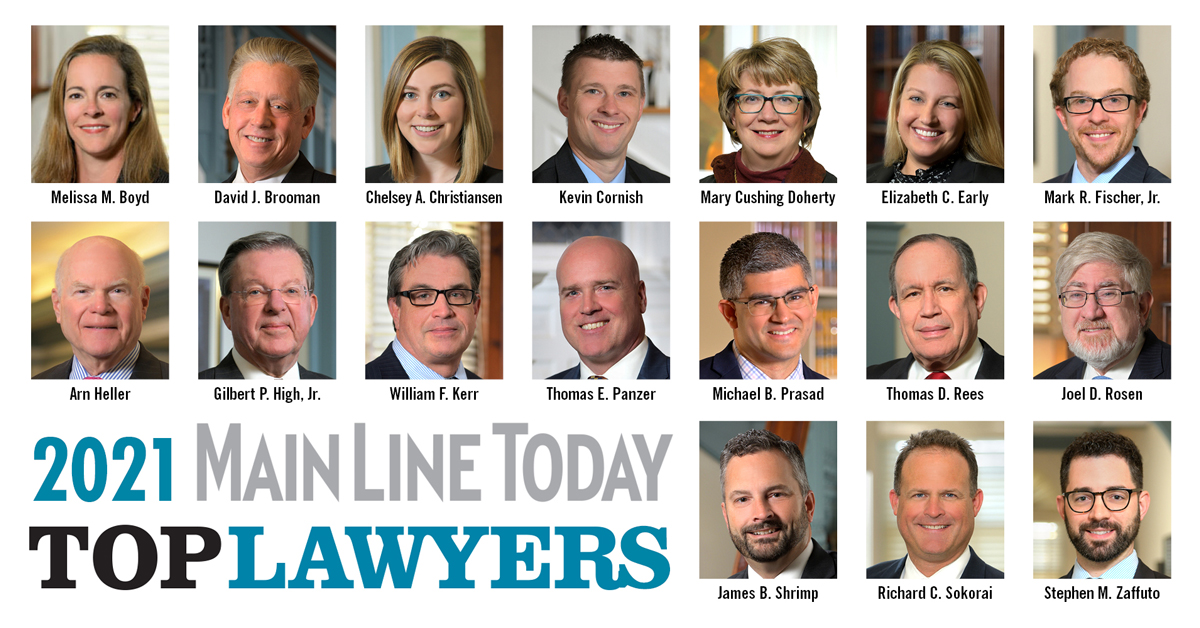A series of recent cases in Pennsylvania are highlighting the impact an enduring statutory zoning mechanism is having on some unsuspecting landowners across the Commonwealth. The following information is meant to educate Pennsylvania landowners and municipalities on Merger Doctrine basics and provides several strategies meant to avoid unwanted complications the Merger Doctrine is likely to create.
“Doctrine of Merger of Lots,” or “Merger Doctrine” as it is sometimes called, is a zoning principle, rooted in a preference for municipal efficiency and land conformity, that has emerged from a group of cases interpreting local merger ordinances. The Merger Doctrine can apply where adjacent, undersized lots are, or were at some point, owned by the same person who also may have intended to merge them. In certain municipalities, the nonconforming, undersized, adjacent lots may be deemed to have merged into a single, conforming lot when certain conditions are met…even without the consent of the property owner.
General Rule:
The Merger of Lots Doctrine generally applies in Pennsylvania when the following elements are satisfied:
- The local governing body has adopted a merger provision;
- Two or more lots adjacent (adjoining) are involved;
- At least one of the lots is nonconforming with respect to the dimensional requirements of the applicable zoning code (i.e., undersized lots);
- The lots are or were commonly owned after the local government adopted a merger provision;
- There is a physical manifestation upon the land of the owner’s intent to merge the lots into one dimensionally conforming lot, or there is a failure on part of the landowner to manifest a clear intent to keep the lots separate.
When all the foregoing items are met, a municipality may consider the lots in question to have merged seemingly spontaneously. However, courts have found that a landowner may oppose a local government’s claim of “automatic” lot merger by negating one of these elements.
Strategies To Prevent Automatic Lot Merger:
1) "Physically" Keep the Properties Separate via trees, shrubs, or fencing – In a 1991 case, the Commonwealth Court held that mere common ownership of adjoining lots does not automatically establish a physical merger of those lots unless the common owner manifested an intent to keep the lots separate and distinct. Then, in a 1998 decision, the Commonwealth Court held that to establish a physical merger, there must be evidence of some overt, unequivocal physical manifestation thereof.
Still, courts may still act unpredictably with an evolving area of law such as the law of merger. To make clear the intent not to merge, a property owner can use physical barriers to keep the adjoining lots separate and distinct, such as trees or a fence. Abstract legal attributes, such as whether the property owner purchased the lots at the same time or whether the properties have separate deeds and separate tax identification numbers, do not suffice.
2) Look For a Merger Provision in the Local Ordinance – Consult your local ordinance to determine whether a merger provision has been adopted. Pennsylvania courts have consistently described the Merger Doctrine as being fundamentally a “creature of statute or ordinance,” not of common law, that only applies where a municipality has legislated a merger clause into the local code (e.g., Loughran v. Valley View Developers, Inc., a 2017 case). There is no merger provision in the Pennsylvania Municipalities Planning Code (MPC), so the provision must be locally enacted.
3) Look To the Timeline And Determine Whether the Lots Were Commonly Owned When the Merger Provision was Adopted – understanding the timing of ownership and the phrasing of the merger provision (if any) may be the key to preventing an automatic lot merger.
4) Check the Zoning History and Avoid Seeking Zoning Relief For a Single Property If, In Fact, Relief is Required For Multiple Lots – Courts have found past treatment of potentially merged property, including zoning applications (whether approved or denied) that refer to multiple lots as a single property, to be evidence of the owner’s intent to merge. See, e.g., in DiCicco v. City of Philadelphia. Of course, this factor would work against a landowner seeking to prove properties have not merged.
Ultimately, a real estate attorney well-versed in the law of merger of lots can provide cost-effective assistance to avoid common pitfalls so that a resolution can be reached as smoothly as possible.
Our law firm has offices in Bucks County and Montgomery County, PA. The Best Lawyers in America recognized 16 of our attorneys for 2023. So, you can count on our firm to deliver experienced representation for any legal issue.
For more information about the Merger Doctrine, contact real estate attorney Sean Livesey at (610) 275-0700.
This information is not legal advice or a substitute for legal representation.









